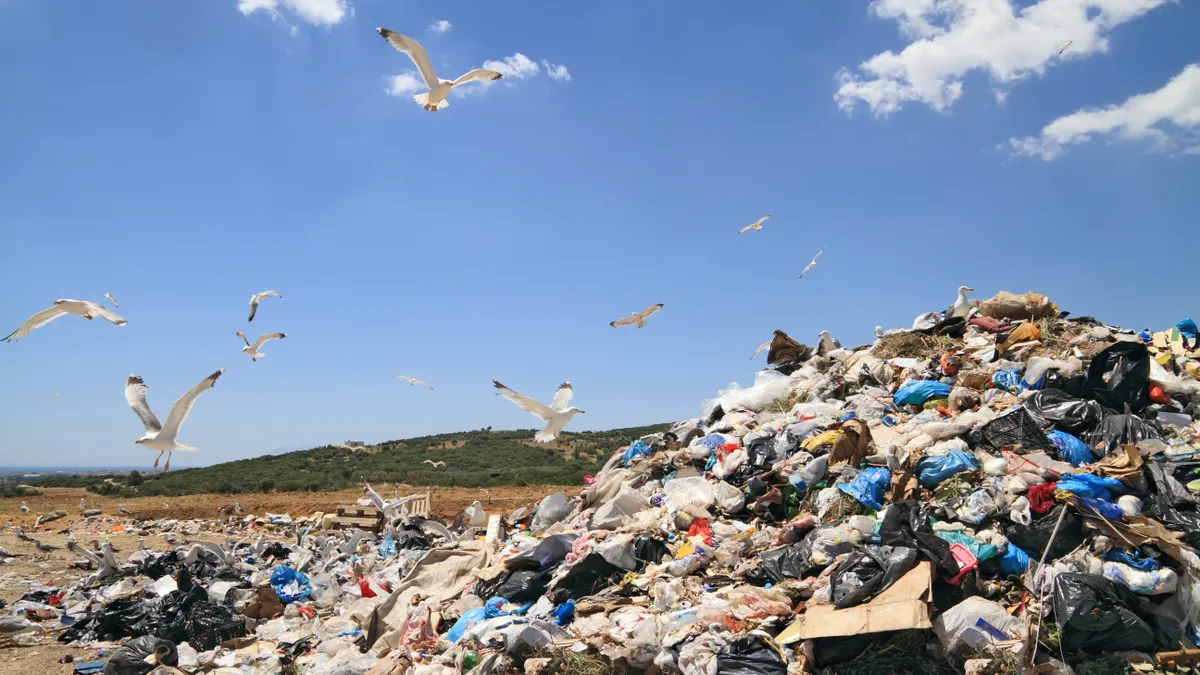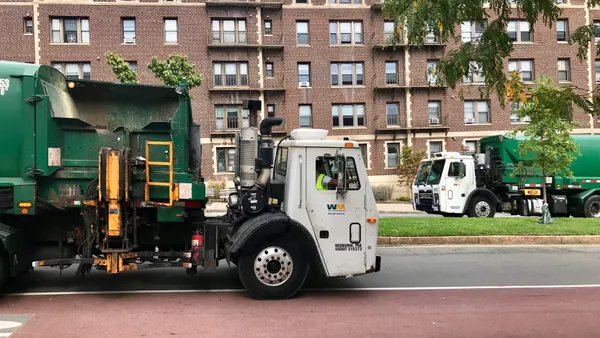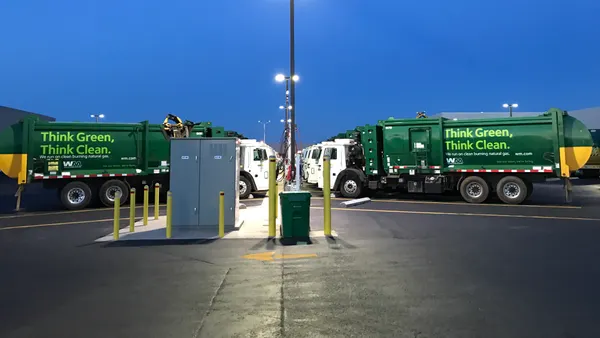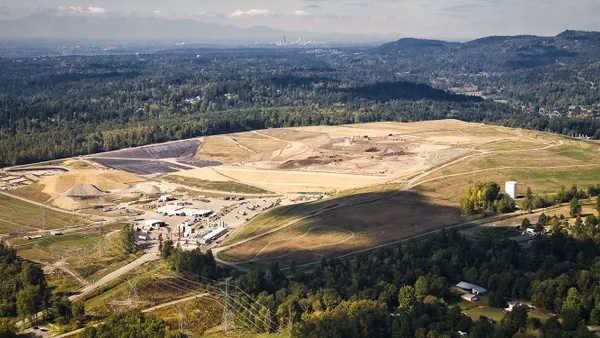Dive Brief:
- State legislators in Massachusetts were unable to reach a compromise on reducing per capita waste generation during the final day of their 2015-2016 legislative session, effectively stalling any action on the subject, as reported by CommonWealth Magazine.
- In June 2016, the Senate originally passed a bill that would have required municipalities to reduce their annual per capita waste generation to 600 pounds by July 2018 and 450 pounds by July 2022. The House proposed creating a commission to study how that 450 pound target could be reached as a compromise.
- The commission would have included 13 members — state commissioners, legislators and appointees of the governor — and appeared likely to pass at first. Yet the two branches couldn't agree on whether the commission would have to report its findings by Sept. 2017 or April 2018.
Dive Insight:
This concept has been pushed by Senator Marc Pacheco for years, and a similar version was passed by the Senate in 2014, but it has had trouble gaining traction. While more than half of the municipalities in Massachusetts already meet the 2018 targets, only a quarter of them are meeting the 2022 target of 450 pounds per capita.
These numbers and other existing factors have made disposal capacity a growing concern in the state. While Massachusetts is one of the top users of waste-to-energy facilities — sending nearly 70% of its waste to them — regulations limit the construction of new ones and the appetite for new landfills is equally low. Casella's proposed expansion of a landfill in Southbridge is facing opposition and has been mired in questions of groundwater contamination for many months.
At the same time, environmental advocates still see the state as one of the most advanced when it comes to other parts of its waste management system. Massachusetts was the first state to implement a commercial organic waste ban and recently reported that the measure has generated $175 million in economic activity so far. More than 40 municipalities now have some form of single-use bag ordinance. Boston's City Council is now considering its own bag ordinance and the city is also said to be announcing details about a zero waste planning process soon.
Whether it's done by a commission or new legislation, some form of statewide approach is seen as the best way to bring all of these disparate elements together for a more comprehensive plan.














